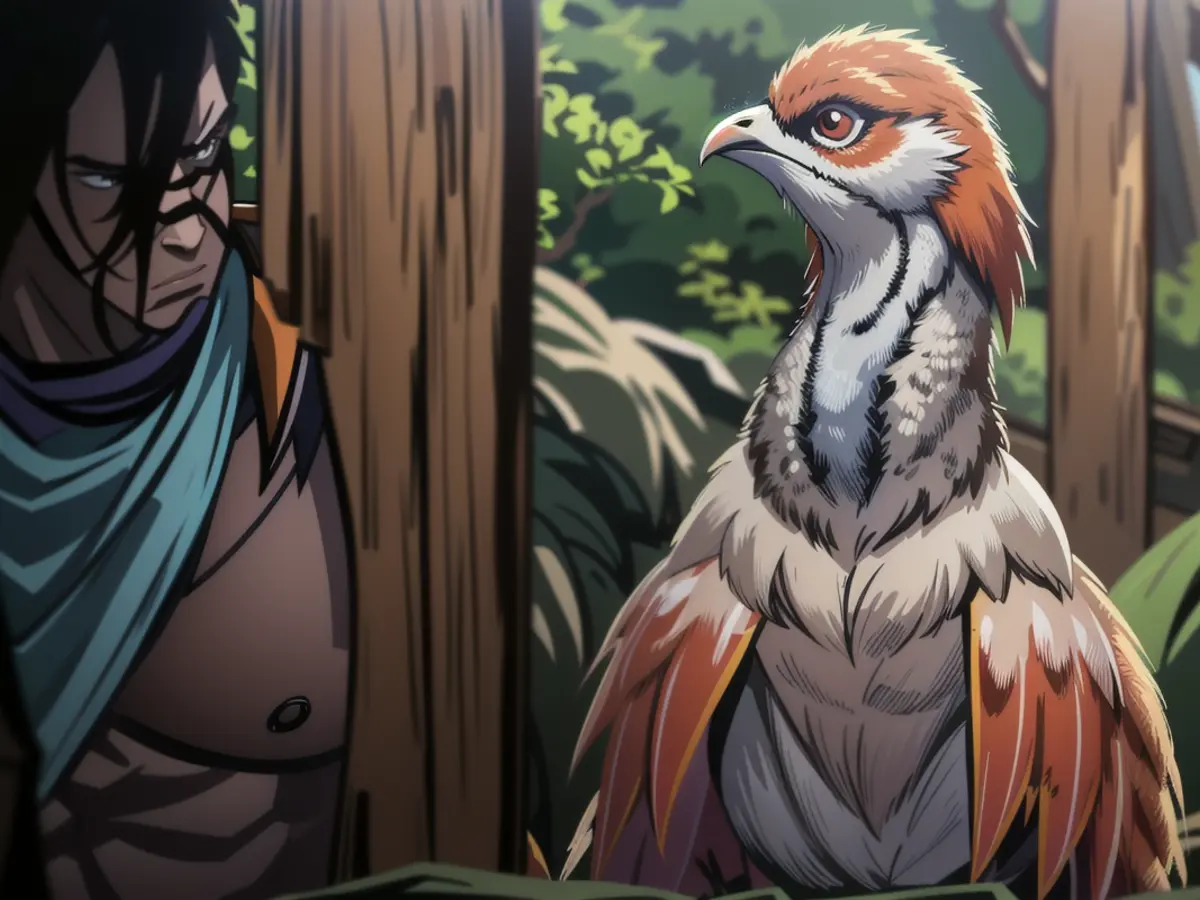Protecting natural habitats and ecosystems for future generations. - Approximately €840,000 allocated for preserving partridge species.
In the scope of the project, the landowners in Thuringia will learn how to establish deer-friendly zones and fields, as well as employ the Cultural Landscape Programme to promote eco-friendly farming practices (Kulap). Furthermore, the project will tackle measures that involve tracking roe deer populations and spreading awareness about the need for their protection. These initiatives will be carried out in partnership with key Thuringian stakeholders like Natura 2000 station Gotha/Ilm-Kreis, the Landscape Management Association Middle Thuringia e.V., and the Foundation Lebensraum Thuringia e.V.
The roe deer population has suffered a drastic decline of 94% since 1980, putting the species on the brink of extinction.
Read also:
In the Gotha district of Thuringia, a significant nature conservation project is being implemented to support the recovery of partridge species. This project also aims to enhance the habitat of roe deer, a species that has seen a 94% decrease since 1980. The EU has allocated approximately €840,000 for these initiatives. The project encourages landowners in the region to adopt deer-friendly farming practices and establish suitable habitats, in collaboration with organizations like Natura 2000 station Gotha/Ilm-Kreis and the Landscape Management Association Middle Thuringia e.V. These efforts contribute to the overall goal of preserving and protecting Thuringia's diverse natural environment and its various animal species.








